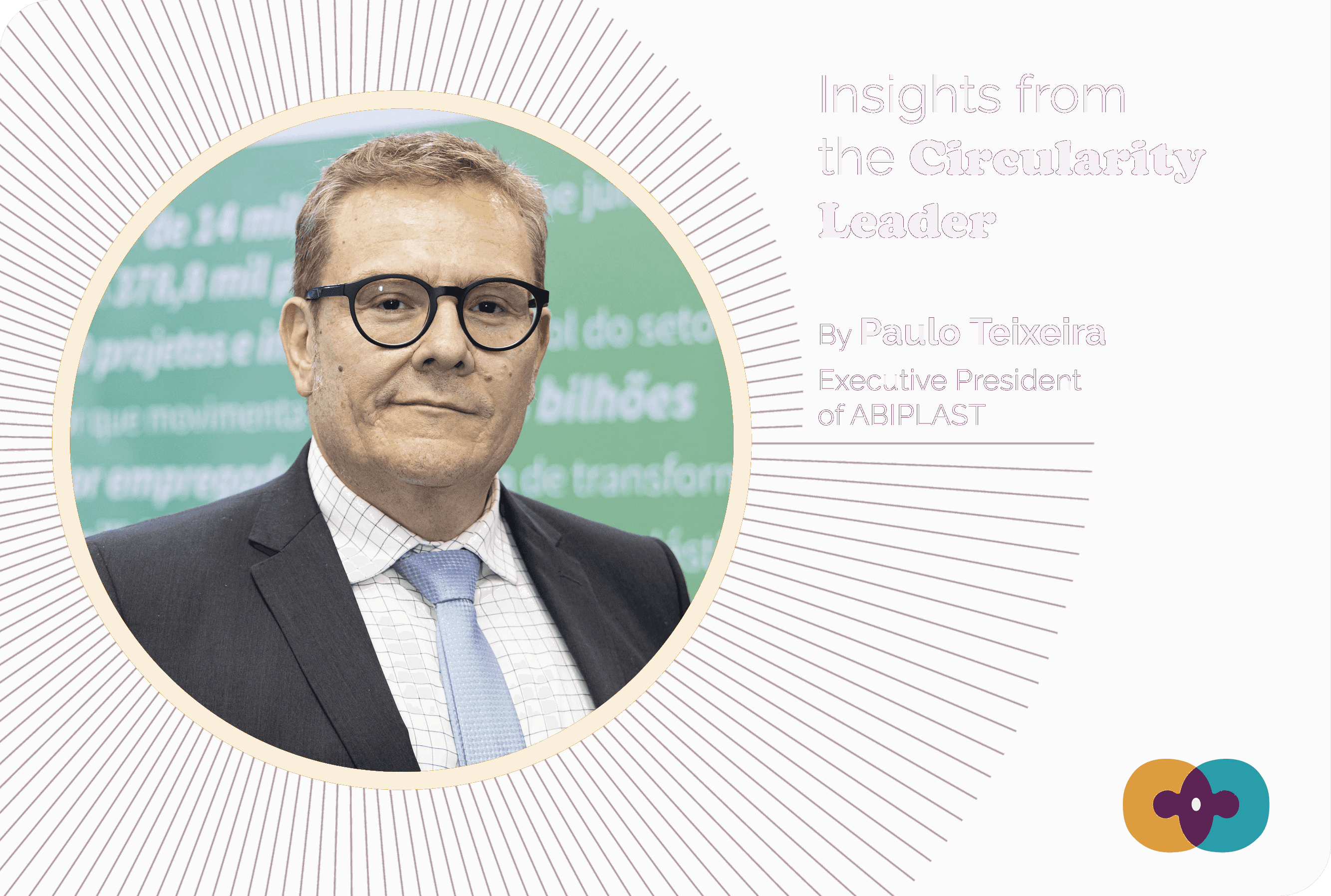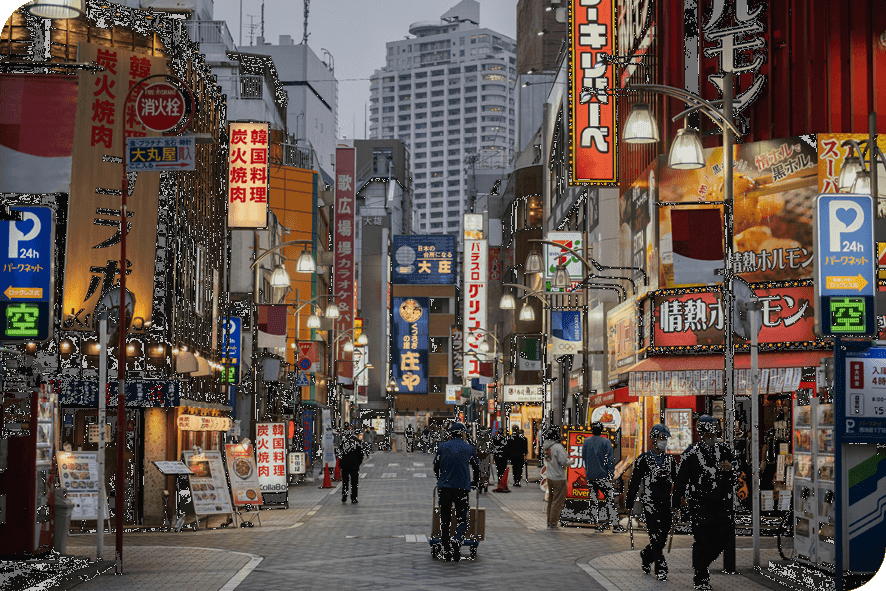
30/10/2025
Recircula Brasil: traceability that drives circularity, innovation, and social development
By Paulo Teixeira*, CEO of ABIPLAST
Without traceability and transparency, the circular economy risks remaining an empty discourse. But what does traceability really mean? It is nothing more than the ability to track the journey of waste, from its origin to its transformation into new products, recording each step clearly and reliably. This tracking ensures that companies can verify where recycled materials come from, how they were processed, and who is involved in the production chain.
The transition to more sustainable production models requires precisely this: reliable information on the origin of waste, the formality of transactions, and the integration of all actors. It is in this context that Recircula Brasil consolidates itself as a concrete response to the challenges of circularity, bringing together companies, government, and society around a transformative agenda.
Transparency as a driver of competitiveness
The productive sector already recognizes the importance of the ESG agenda, but still faces barriers in turning principles into practice. Without traceable information, companies lose competitiveness, weaken climate commitments, and reduce the credibility of their initiatives.
The program, developed by ABIPLAST in partnership with the Brazilian Agency for Industrial Development (ABDI) and with independent verification, shows that it is possible to scale transparency, increase supply chain reliability, and strengthen governance.
By providing visibility and formality to transactions, the initiative values the work of waste pickers, ensures recognition of the production chain, and amplifies the socio-environmental benefits of the circular economy. This means that, in practice, companies can prove the sustainability of their products, consumers gain trust in brands, and the environment is preserved with less waste in landfills or nature.
From discourse to practice
It is no coincidence that COP 30 will have the circular economy as an official agenda item. Recircula will be part of this international debate, showing that Brazil has homegrown solutions to combat plastic pollution and reduce emissions. The message is clear: circularity is not just an environmental agenda but also a competitiveness strategy and a transition to a low-carbon economy.
The results speak for themselves: 17 participating companies, over 41,000 tons of verified plastic, 400 connected suppliers across 10 states, and more than 850 clients in 20 states.
The challenge now is scale. It is not enough for a few companies to advance in isolation: plastic tracking must become standard in the production sector. Those who do not adapt risk falling behind in an increasingly demanding and regulated market.
Impact case: AVPLAS
AVPLAS, a plastic transforming industry, exemplifies how participation in Recircula generates tangible results. Using the platform, the company was able to track and verify the origin of waste collected from the beaches of Santa Catarina and the recycled materials used in its products. This added value to the brand, increased customer and partner trust, and demonstrated that sustainability and competitiveness can go hand in hand.
The program’s progress shows that circularity is already a growing reality, supported by technology, innovation, and social inclusion. More than a platform, it is a transformative tool connecting companies, cooperatives, and consumers in a transparent and collaborative network capable of generating a positive impact for the country and the planet.
A strategic sector for Brazil
The plastics sector is one of the most relevant in the national industry, with over 14,600 companies across the country, producing a wide range of solutions and providing around 404,600 direct jobs. It ranks as the fourth largest employer in Brazil’s manufacturing industry, according to ABIPLAST. In 2023 alone, more than 7.4 million tons of products were produced, and in 2024, the mechanical recycling rate for post-consumer plastic packaging reached 24.4%.
*This text was automatically translated with the help of artificial intelligence and reviewed. Still, there may be slight differences compared to the original version in Portuguese.
*Paulo Teixeira, CEO of ABIPLAST
Economist, Master in Economic Development, and PhD in Production Engineering. He has worked as a consultant for FAO/UN, UNDP, and SEBRAE in policy development. He is CEO of ABIPLAST, Superintendent Director of SINDIPLAST-SP, CFO of INP, member of the National Circular Economy Forum (MDIC), and member of the National Recycling Incentive Commission (MMA), with a career focused on the plastics industry and promoting sector competitiveness and innovation.

